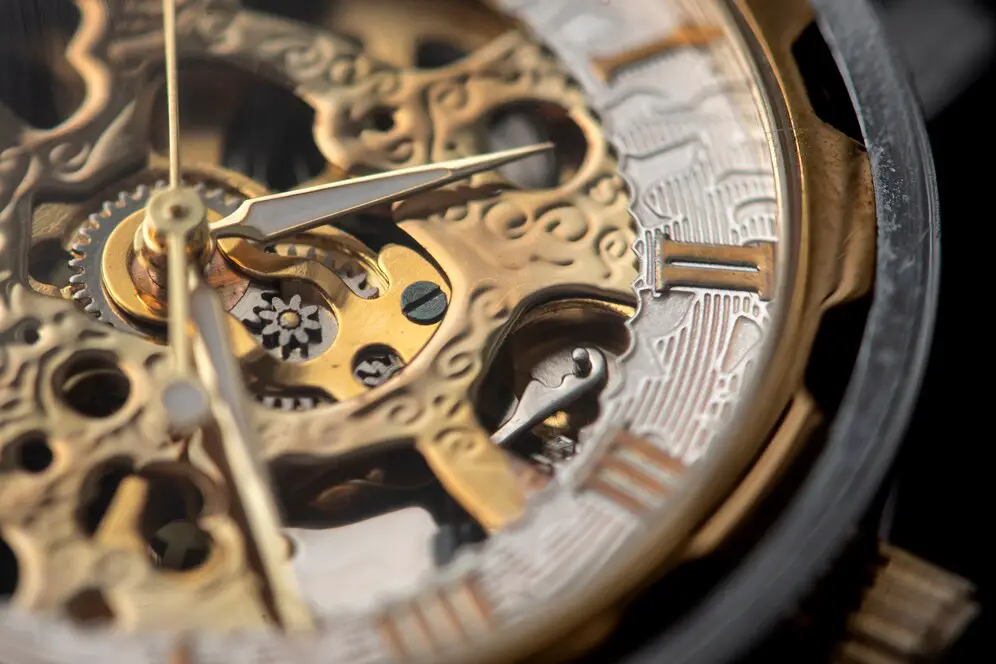What is a watt?
A watt (W) is the International System of Units (SI) unit to measure power. One watt refers to an energy transfer of one joule per second (1 W = 1 J/s = 1 kg × m² / s²).
How to convert watts to kW and mW
How do you convert watts to kilowatts, for example? By using the conversion factor.
If we look at the table in the previous section, we can see that 1 kW = 103 W. Then 1000 is our conversion factor between watts and kilowatts.
Now:
- If you want to convert watts to any other unit from the table, you should take the power in watts and divide it by the conversion factor.
- If you want to convert any unit from the table to watts, you should multiply by the conversion factor instead.
In the case of milliwatts, the conversion factor would be 0.001.
And that's it! Take the conversion factor from the table and divide or multiply the power by it, depending on if you want to convert from or to watts, respectively.
Example
Watt Conversion
Watt conversion involves converting power from watts (W) to other units such as kilowatts (kW), horsepower (hp), or British Thermal Units per hour (BTU/hr). Understanding watt conversions helps in determining power requirements for electrical appliances, motors, and heating systems.
The general approach to watt conversion includes:
- Identifying the power in watts (W).
- Using the appropriate conversion formula for the desired unit.
- Applying the conversion to determine the result.
Watt Conversion Formulas
Common formulas for watt conversions:
- Watts to Kilowatts: \( P_k = \frac{P_w}{1000} \)
- Watts to Horsepower: \( P_{hp} = \frac{P_w}{745.7} \)
- Watts to BTU/hr: \( P_{BTU} = P_w \times 3.412 \)
Examples
Example 1: Converting Watts to Kilowatts
If an electrical appliance consumes 2000 W, the power in kilowatts is:
- Step 1: Use the formula: \( P_k = \frac{2000}{1000} \).
- Step 2: Calculate: \( P_k = 2 \) kW.
Example 2: Converting Watts to Horsepower
If a motor is rated at 1500 W, the power in horsepower is:
- Step 1: Use the formula: \( P_{hp} = \frac{1500}{745.7} \).
- Step 2: Calculate: \( P_{hp} \approx 2.01 \) hp.
Example 3: Converting Watts to BTU/hr
If a heater operates at 1000 W, the power in BTU/hr is:
- Step 1: Use the formula: \( P_{BTU} = 1000 \times 3.412 \).
- Step 2: Calculate: \( P_{BTU} = 3412 \) BTU/hr.
Real-life Applications of Watt Conversion
Watt conversion is essential in various applications, including:
- Determining the energy consumption of electrical appliances.
- Calculating the power requirements for industrial machinery.
- Converting power ratings for HVAC (heating, ventilation, and air conditioning) systems.
Common Units of Power
SI Unit: The standard unit of power is the watt (W).
Power can also be expressed in other units, such as kilowatts (kW), megawatts (MW), horsepower (hp), and BTU/hr, depending on the application.
Common Operations with Power Conversion
Energy Consumption: Converting power to energy usage over time (e.g., kWh for electricity billing).
Electrical Efficiency: Understanding power conversion helps in optimizing electrical efficiency and reducing energy costs.
System Compatibility: Ensuring compatibility of power ratings when using electrical appliances across different regions.
| Conversion Type | Description | Steps to Convert | Example |
|---|---|---|---|
| Watts to Kilowatts | Converting power from watts (W) to kilowatts (kW). |
|
For \( 5000 \) W, the conversion is \( P_k = \frac{5000}{1000} = 5 \) kW. |
| Watts to Horsepower | Converting power from watts (W) to horsepower (hp). |
|
For \( 1500 \) W, the conversion is \( P_{hp} = \frac{1500}{745.7} \approx 2.01 \) hp. |
| Watts to BTU/hr | Converting power from watts (W) to British Thermal Units per hour (BTU/hr). |
|
For \( 1000 \) W, the conversion is \( P_{BTU} = 1000 \times 3.412 = 3412 \) BTU/hr. |
| Real-life Applications | Applying watt conversion to electrical appliances, motors, and energy calculations. |
|
A household heater rated at \( 2 \) kW consumes \( 2000 \) W of power. |










